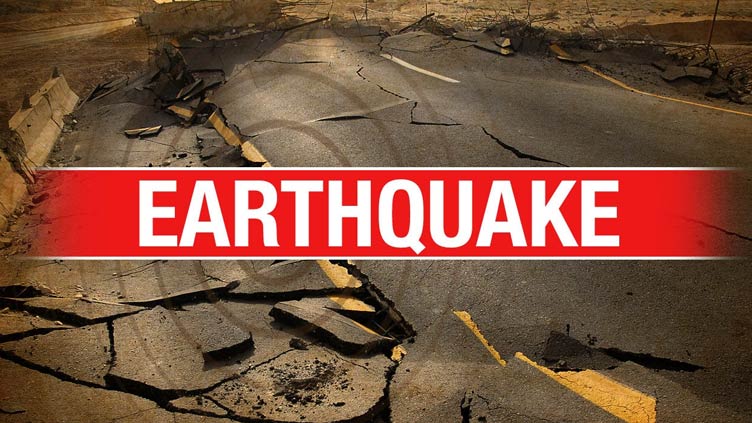LAHORE – A wave of anxiety has swept across Pakistan after a viral prediction claimed that another earthquake could strike the region in the coming week. The alert, shared widely on social media, originated from a lesser-known group called the Earthquake Quick News & Research Center (EQQN), which suggested that tremors exceeding magnitude 5 could impact parts of Pakistan and Afghanistan.
The recent quake that shook Lahore and Islamabad on Saturday — following an earlier one on April 12 — has amplified public interest in any form of early warning. EQQN’s claim of predicting earthquakes up to 128 hours in advance has caught attention, especially in a country still processing the shock of back-to-back tremors.
However, seismologists and experts from globally recognized institutions, including the United States Geological Survey (USGS), have dismissed the idea that earthquakes can be predicted with scientific accuracy. According to them, seismic events are caused by complex and unpredictable geological forces that current technology cannot forecast reliably. While early-warning systems can sometimes provide a few seconds’ notice after an earthquake has begun, there is no proven method to predict when or where one will occur in advance.
Despite these scientific limitations, the growing number of seismic incidents has heightened public sensitivity. In Punjab, authorities remain alert and have reviewed emergency protocols to prepare for any potential aftershocks or further tremors.














